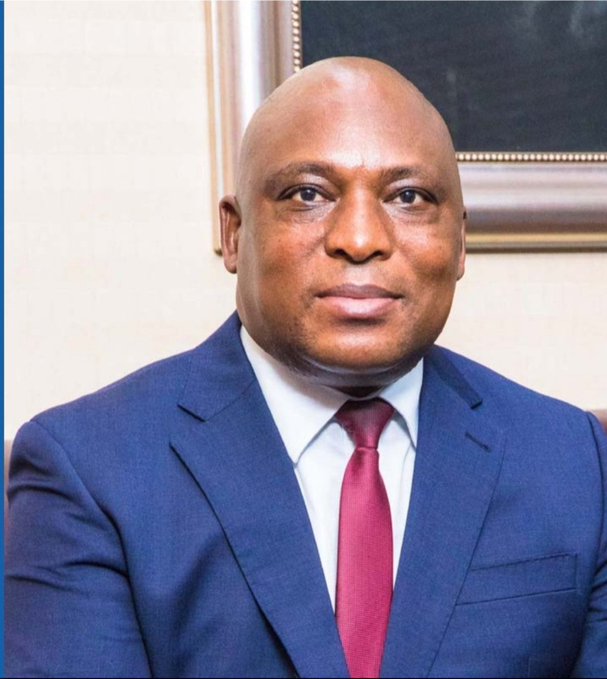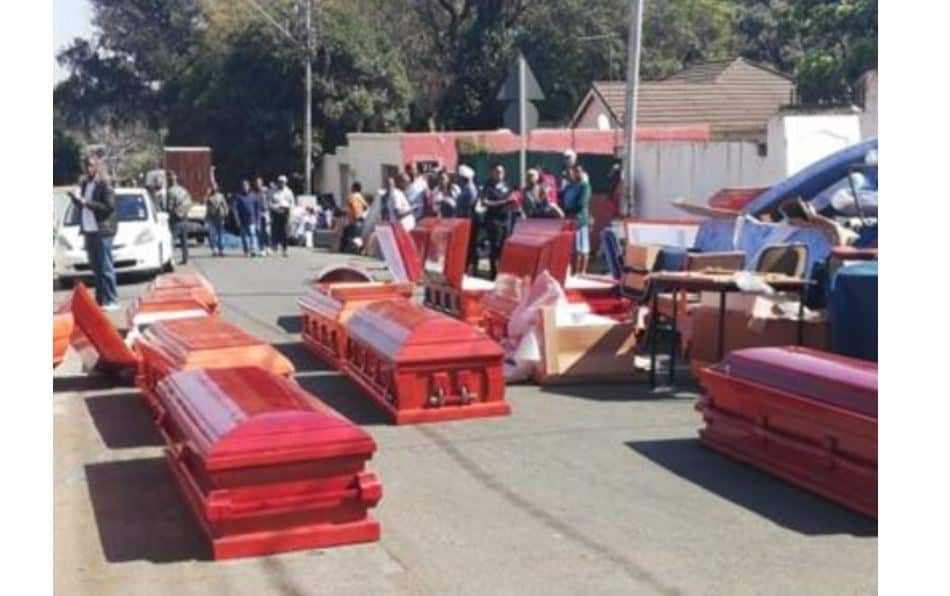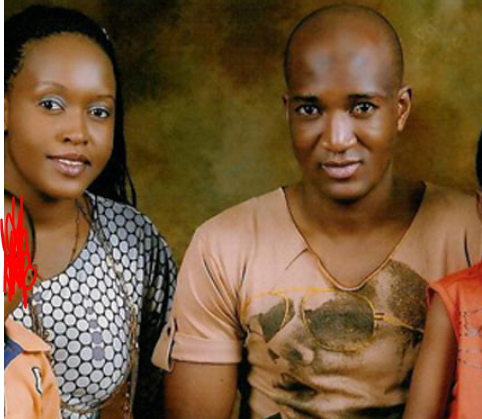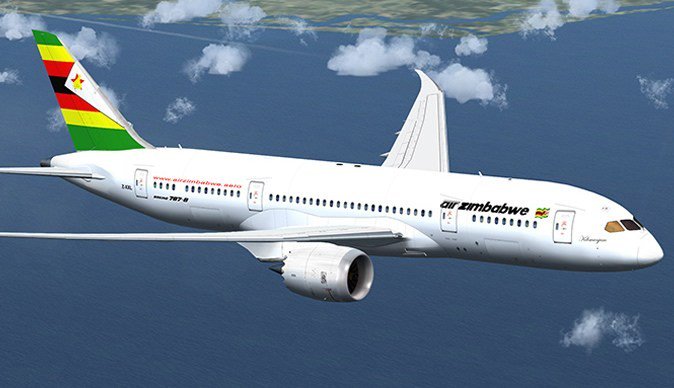HARARE – President Emmerson Mnangagwa on Thursday brought forward by a month the appointment of John Mushayavanhu (pictured) as the new Reserve Bank of Zimbabwe governor, hoping to stem the collapse of the local currency.
The official exchange rate moved from US$1 : ZWL$6,000 in January to ZWL$20,000 on March 27, meaning the Zimbabwe dollar has lost more than 70 percent of its value. It is trading north of ZWL$30,000 on the widely-used parallel market.
In a special notice published in the government gazette on Thursday, finance minister Mthuli Ncube said: “It is hereby notified that the president has appointed John Mushayavanhu as the governor of the Reserve Bank of Zimbabwe for a period of five years beginning on March 28, 2024, and ending on March 27, 2029.”
Mnangagwa announce last December that Mushayavanhu, who was CEO of FBC bank, would replace John Mangudya when the latter’s term expires at the end of April. The decision to bring forward the appointment appears aimed at stemming the depreciation of the local currency amid delays by the central bank in making a long overdue monetary policy statement.
The monetary policy statement had reportedly become a major source of haggling between Mangudya and Mushayavanhu, with the latter demanding greater influence as it would be left to him to implement whatever policies Mangudya dictated.
On Wednesday, the Zimbabwe National Statistics Agency announced that annual inflation quickened to 55.3 percent this month from 47.6 percent in February – a seven-month high.
Ncube has pledged to address price increases that are being fueled by the free-falling currency.
His deputy David Mnangagwa said Thursday that currency stabilisation measures were “around the corner.”
“We have been receiving enquiries about the surge in the exchange rate, which right now can be attributed to the anxiety and anticipation of the upcoming monetary policy statement which is around the corner,” Mnangagwa said.
“If I were to irresponsibly give unsolicited advice, I would urge Zimbabweans with their hard-earned ZWL not to hedge against it. The government is committed to ensuring that there will be no loss of value through the introduction of currency stabilisation measures.”
The local currency was relaunched in 2019 after a decade of dollarisation, but it rapidly lost value and authorities reauthorised the use of foreign currencies in domestic transactions soon after.
The central bank and finance ministry said last month they were working on measures to stabilise the currency, and were considering linking the exchange rate to the price of gold among other possible measures.
The World Bank earlier this month urged authorities to make fiscal and monetary policy more predictable to instil confidence in the depreciating currency.
“Policy predictability… the improvements that are being made moving away from quasi-fiscal operations, all of that will contribute to building greater confidence,” the World Bank’s Regional Vice President for Eastern and Southern Africa Victoria Kwakwa said in Harare.
Zimlive














